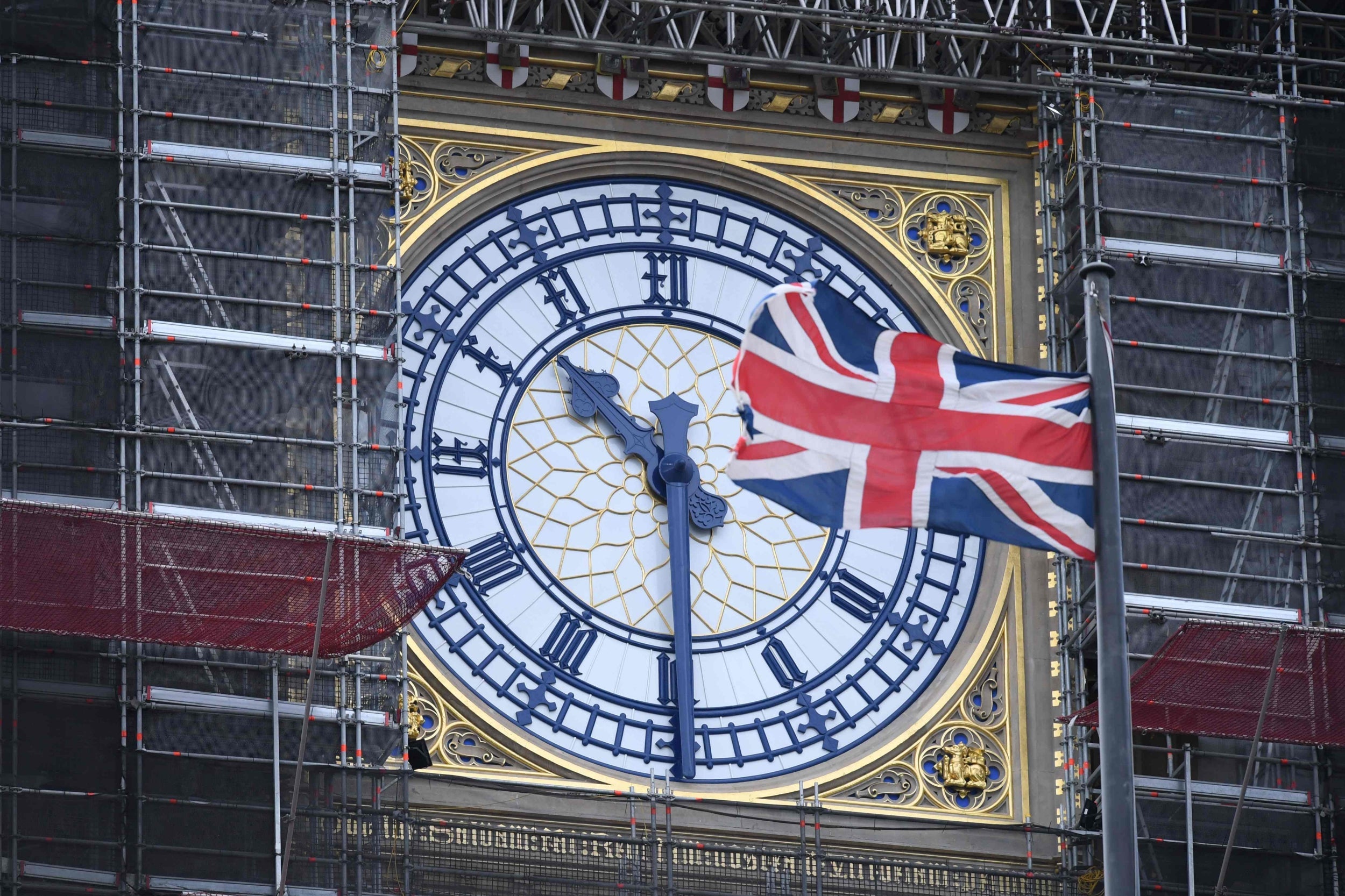Brexit: What happens next?
The UK will leave the European Union on Friday evening, but there will be months and years more of it, explains Jon Stone


At 11pm tonight (midnight, Brussels time), the UK will leave the European Union – but, despite what the government might say, that isn’t the end of Brexit.
In fact, there are quite a few more stages. Here are the ones we know about:
February 2020
The UK has formally left the EU. It’s no longer a member state and loses all representation in Brussels and say over EU laws.
However, the UK is in a transition period and still has to follow EU rules. It keeps freedom of movement during the transition period and still makes budget contributions.
Both sides will use February to finalise and make public their positions in the upcoming trade talks.
March 2020
Trade negotiations begin in earnest. These talks are to work out a free-trade agreement that will govern the relationship between the UK and the EU after the transition period ends.
Sticking points are likely to be how much the UK is aligned to EU rules, and whether the European Court of Justice will have much jurisdiction over the UK.
The aim of both sides is to get some kind of deal in place by the end of the year.
July 2020
Under the agreement negotiated by Boris Johnson, this is the last opportunity to extend the transition period, if both sides agree to it. It can be extended by up to two years, although Boris Johnson has said he won’t.
The transition period doesn’t actually finish until the end of the year, but this cut-off point is intended to prevent a surprise in December and give both sides time to prepare.
October 2020
EU officials have been saying that they really want the trade deal to be done by October in order that it can be ratified by national parliaments before the end of the year. However, they also said this about the withdrawal agreement and it didn’t really matter, so maybe this deadline is a bit flexible.
December 2020
On 31 December 2020, the transition period ends. EU rules stop applying to the UK. Any new relationship, if it has been negotiated, takes over. If Boris Johnson gets what he wants, frictionless trade will end as the UK leaves the customs union and single market. Free movement will also end.
If a new deal hasn’t been negotiated, the UK will trade with the EU on World Trade Organisation terms, and British producers will have to face tariffs and quotas.
January 2021 onwards
One thing you can be sure of is that there will be more talks well into the future: the EU has said it can only try to get a basic deal in place by 2021, with many items left until after that. Even signing a trade agreement of any kind in seven months is a tall order – with most taking years. There will be a lot more Brexit to come.
Join our commenting forum
Join thought-provoking conversations, follow other Independent readers and see their replies
Comments